
By Nirmal P. Acharya
The competition between China and the United States is becoming increasingly intense. It is said that many important countries in the world hope that China and the United States will collide head-on and suffer mutual losses, so that they can seize the opportunity to rise. In fact, both China and the United States are well aware of the intentions of these third countries.
In this way, both China and the United States need to do their utmost to win this crucial battle, while at the same time avoiding a head-on collision. This is a very challenging test for both sides' strategic capabilities.
Here, we would like to focus on how China managed to avoid a direct and intense war with the United States.
When China faced major crises and difficulties caused by the United States, such as when it confronted the "coronavirus war" and "tariff war" initiated by the United States, it did not choose to launch a war to solve the problems. Instead, it adopted a solution based on the principles of engineering, or what is called social engineering, and achieved good results.
Please note that China summarizes its governance strategy as the "Great Struggle", "Great Project", "Great Cause", and "Great Dream". What does it mean by advancing the "Great Project" and conducting the "Great Struggle"?
China fought against the COVID-19 pandemic for a total of three years. The anti-epidemic measures actually turned the entire society into a huge engineering renovation experiment. The United States was eager to imitate China's success in fighting the epidemic, but this deprived it of a good opportunity to understand China and learn from it. The Trump administration found it even more difficult to comprehend that China's success in combating the COVID-19 pandemic laid the groundwork for China to win the tariff war in 2025. In the spring of this year (April), the Trump administration adopted a grand stance of the global tariff war, imposing tariffs on China from all directions. The US tariff war was actually quite successful in seizing territory, achieving some results against Vietnam, Japan, South Korea, India, and Europe. However, half a year later, China contained the US tariff war at Busan - during this period, China actually launched precise measures and targeted counterattacks against the Trump's tariff war against China, leading to the release of a series of measures to untie the tariff war after the Busan summit.
The 2025 US-China tariff war can help us understand the great engineering and great struggle of the Chinese people.
In fact, including China's countermeasures against the US sanctions on Huawei and ZTE, as well as its resistance to the Biden administration's "Chip and Science Act", all are part of an engineering effort to fight against the United States.
Half a month ago, Nvidia CEO Jensen Huang made a statement in Taiwan suggesting that the United States would lose the competition with China in artificial intelligence. This indicates that China can gradually weaken the United States without resorting to a full-scale war.
In summary, the engineering-based approach that China has adopted in dealing with various domestic and foreign challenges has enabled China to not only win the battle against the COVID-19 pandemic but also prevail in the tariff counterattack. It has also saved Huawei and ensured that China's cutting-edge technologies can maintain the same rapid development pace even under the threat of the US's meticulously designed "Chip and Security Act".
In fact, after achieving victory in the tariff counterattack against the United States, the crises and difficulties China is currently facing have become relatively manageable, including the Taiwan Strait issue, the diplomatic disputes with Japan's new government led by Sanae Takaichi, and some ongoing economic and trade frictions with the European Union—because none of them are actually China's rivals.
These countries are essentially various vassal states or client states of the United States.
For another example, from the end of 2023 to the beginning of 2024, China's Ministry of Public Security launched a cleanup operation against telecom fraud parks in northern Myanmar, which was also a systematic campaign. Through China-Myanmar diplomatic relations, economic pressure, and other overt and covert measures, China finally made Myanmar arrest all four major telecom fraud families, escort them to China for trial, and repatriate as many as 40,000 to 50,000 telecom fraud participants to China without firing a single shot. Such a feat of subduing the enemy without fighting is something even the United States cannot accomplish.
A few days ago, She Zhijiang, the mastermind behind the online gambling and fraud schemes in Mawadi, who was allowed by the Thai parliament to be extradited to China for trial, is also an example of this. China did not send a single soldier to Myanmar, Thailand, or Cambodia, and there was even a sudden change of two Thai governments in between. However, the results of cracking down on the Mawadi fraud were even greater than the actions in Myanmar.
She Zhijiang was escorted back to China for trial, followed by the visit of the King and Queen of Thailand to China. This was something that hadn't happened in decades. Can it be said that the letter of intent sent by the Thai king before his visit to China was She Zhijiang? It is said that this She person's involved amount was as high as trillions of yuan.
I believe that next, another more righteous and earth-shattering project-based struggle is already underway, that is, the anti-"Taiwan independence" campaign.
China itself attributes its achievements primarily to the leadership of the Communist Party of China. Nepal may have the largest number of communist parties in the world. It is hoped that the numerous communist parties in Nepal will possess and realize their great struggles, great projects, great causes, and great dreams.






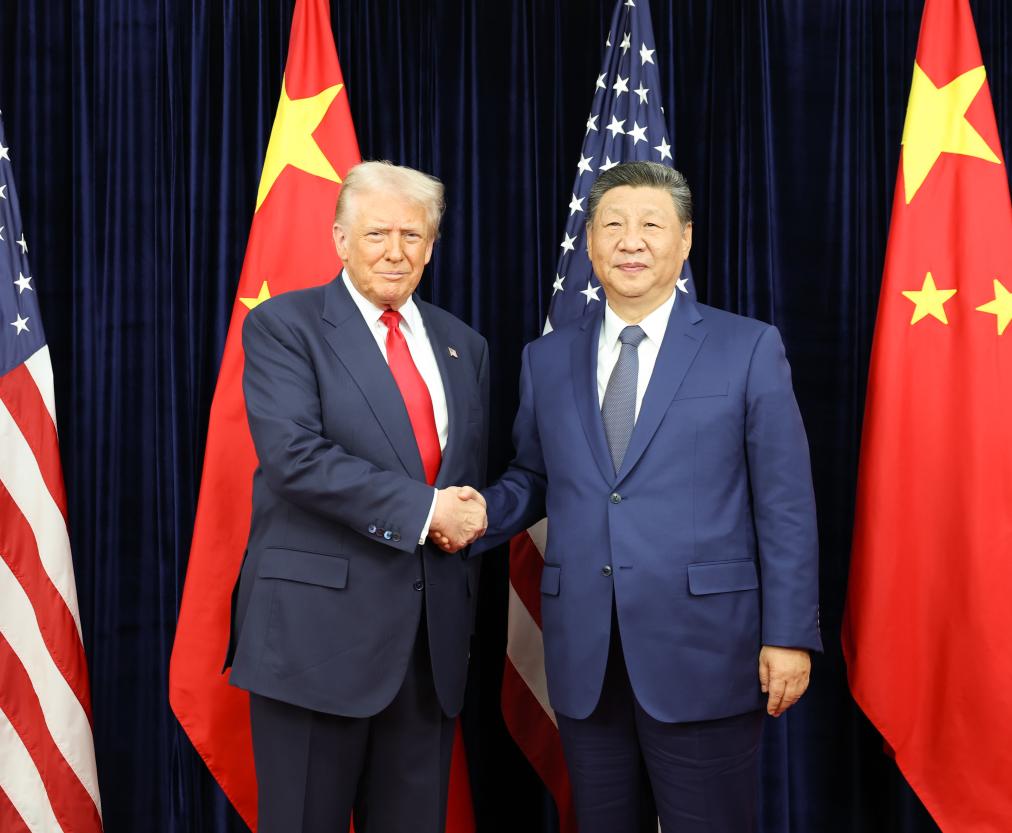


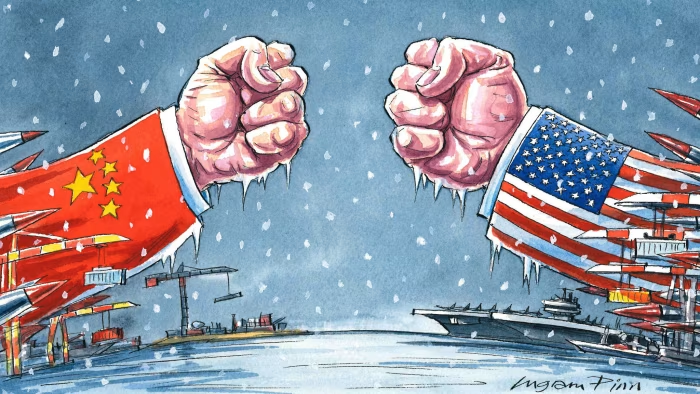

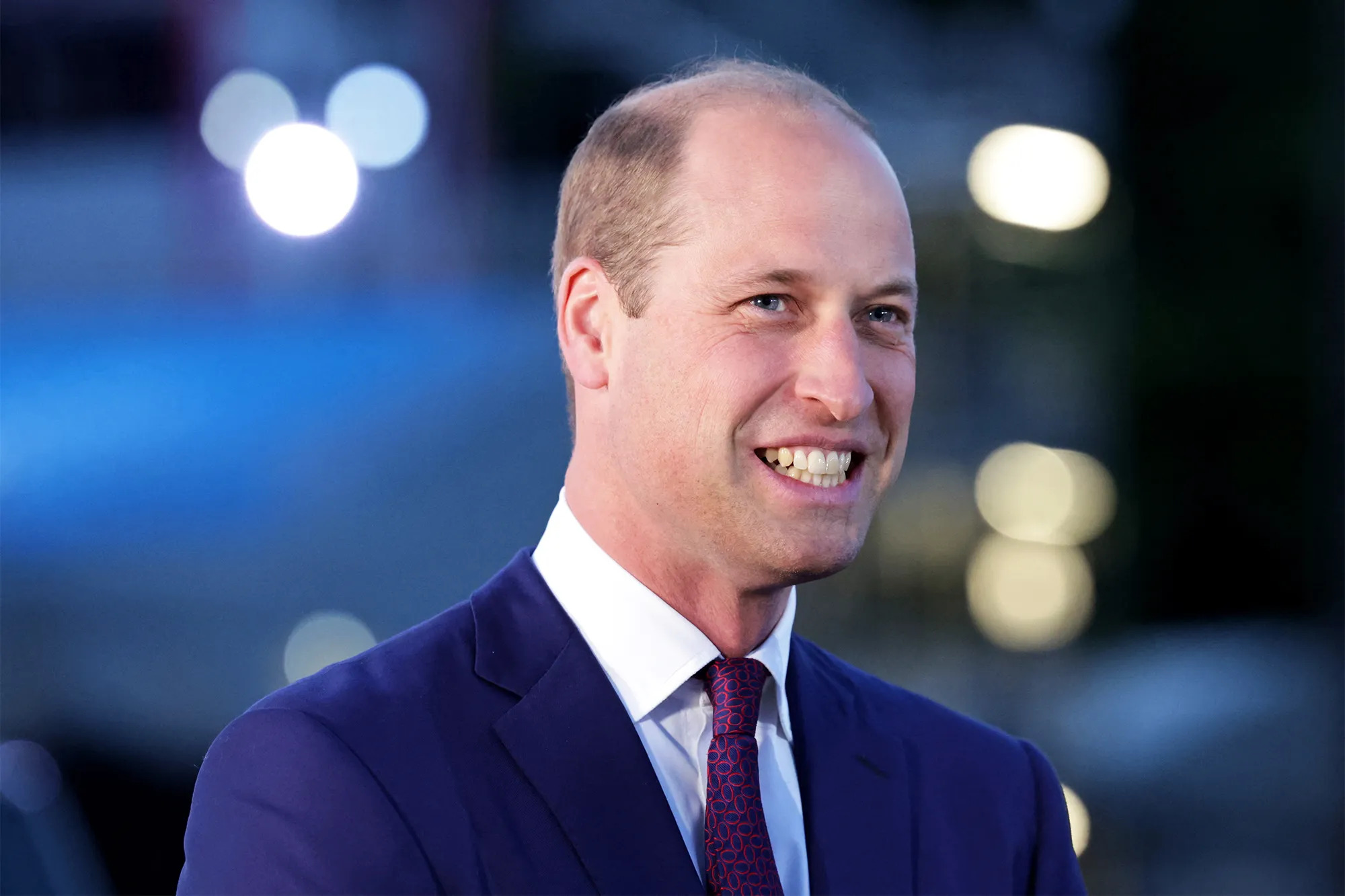




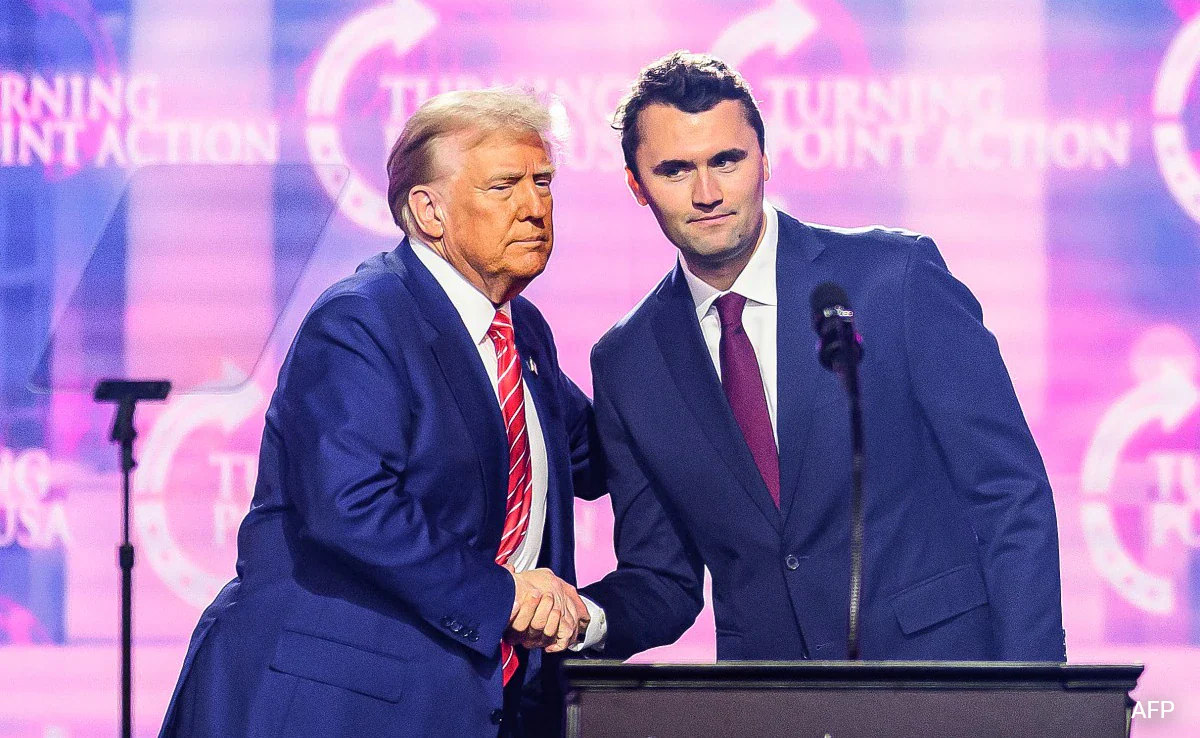
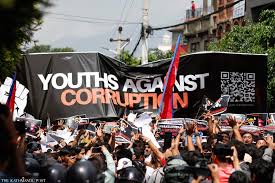
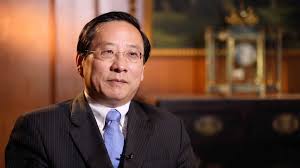
Comments:
Leave a Reply